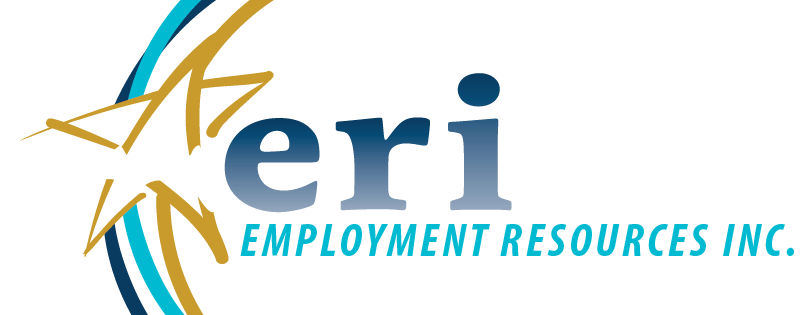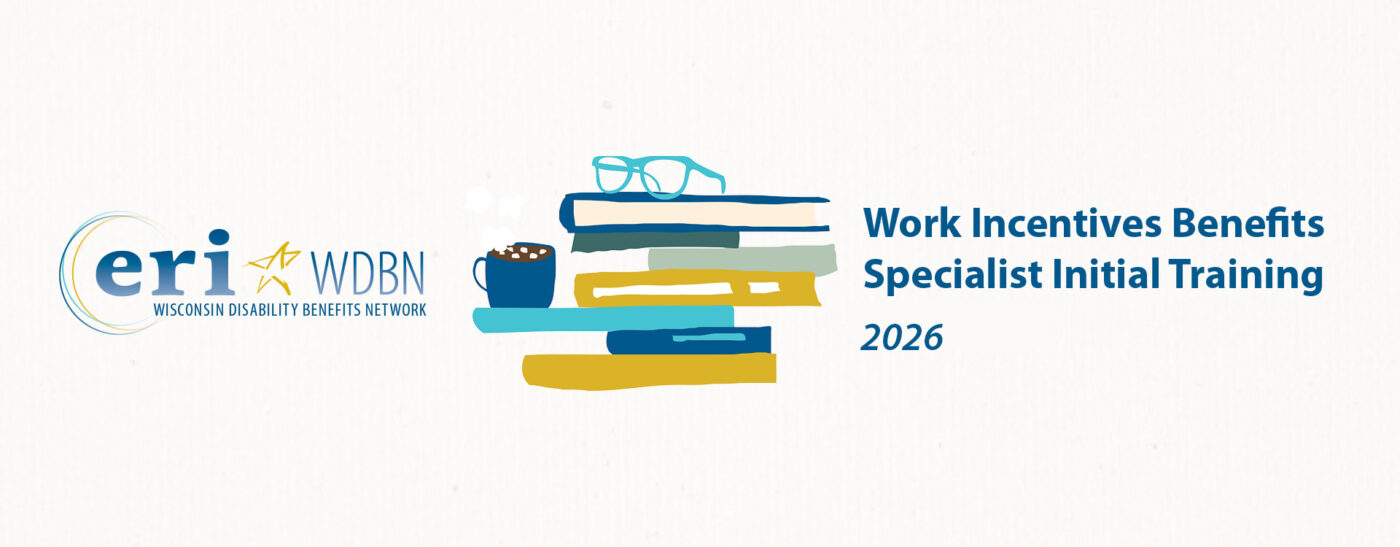Work Incentive Benefits Specialists (WIBS) provide information to people who have disabilities and receive public or private benefits. WIBS provide information needed for making informed decisions about work. This helps a person understand how earnings may affect disability payments, healthcare, and other publicly funded benefits. For people with a disability, work incentives benefits information is an essential part of getting and keeping a job.
WIBS can provide written reports, follow-up information, and answers to questions as needed.
If you work with or are planning to work with people with disabilities regarding their Social Security, health care, or other benefit related questions, the WDBN WIBS training program is for you!
This comprehensive introductory training will cover a variety of benefit related topics including an overview of the Social Security Administration, Title II Benefits, SSI, Work Incentives, Medicare, Medicaid, Subsidized Housing, FoodShare, and many other essentials to benefit planning and analysis. It provides both federal and state-specific information.
What You Will Learn
Through the initial training and ongoing technical assistance, you will develop the knowledge and skills needed to navigate public benefits systems and interpret complex information. In addition, you will be able to:
- Gather and verify accurate benefits information for each person you serve.
- Analyze and interpret multiple sources of data to understand an individual’s full benefits situation.
- Produce clear, written benefits reports that summarize findings and define options.
- Use practical tools and strategies to manage information, prioritize tasks, and organize your caseload effectively.
This training is for you if you...
- Are curious and persistent. I’m comfortable asking questions, digging for information, and connecting with public agencies to get clear answers.
- Pay attention to details and enjoy analysis. I want to understand policies and rules across benefit systems so I can accurately predict how work affects someone’s benefits.
- Can explain complex information clearly. I’m willing to translate technical rules into plain, easy-to-understand language.
- Value providing unbiased information. I’m committed to helping people make informed choices about their employment goals.
- Can commit to ongoing learning. I understand that policies change often and that staying connected and regularly trained is part of the job.
- Feel comfortable with math. I can work with calculations related to eligibility and costs.
- Have a supportive environment. I have space in my schedule to learn, research, and navigate the complexities of benefits.


